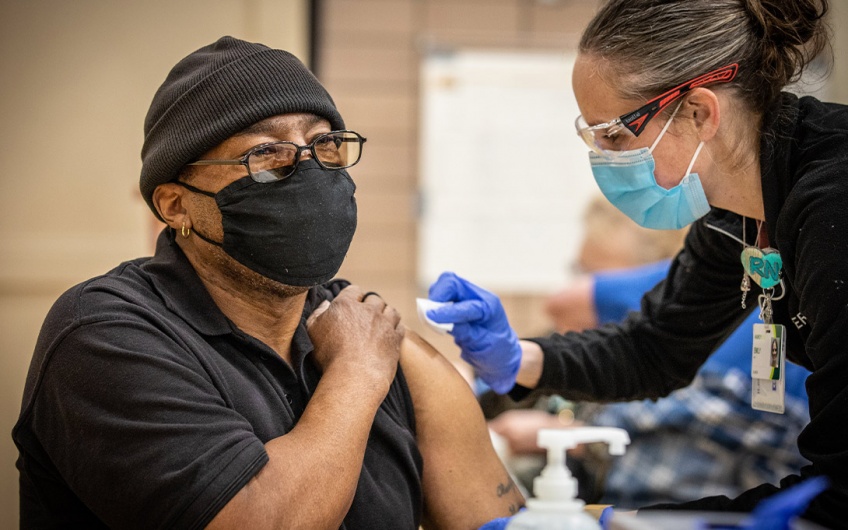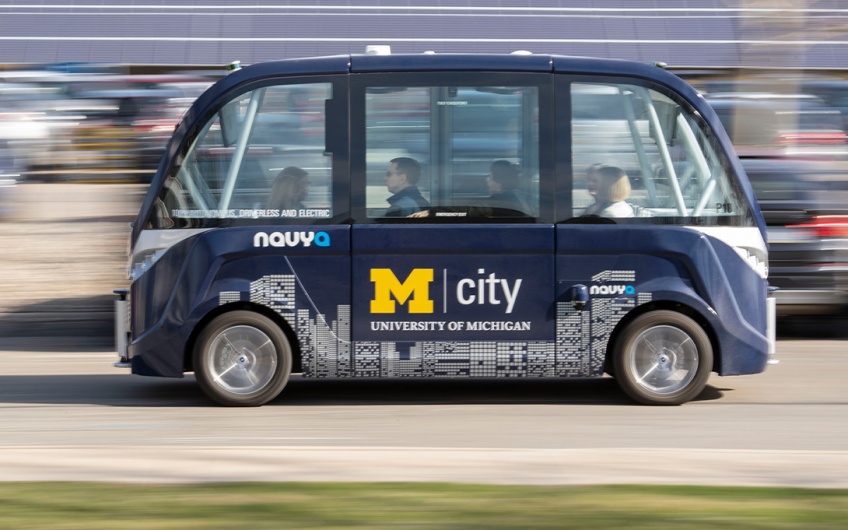TAP is a research-intensive think tank that anticipates the implications of emerging technologies so we can develop better and more equitable technology policies."
Molly Kleinman, STPP program manager
Research initiatives
The STPP Program sponsors multiple applied research projects. In all of our work, we are dedicated to learning about challenges that some communities face to produce more equitable and just technology and technology policy.
We help our students research, write, and disseminate policy briefs. Our Technology Assessment Project (TAP) is pioneering an analogical case study approach to anticipating the social, ethical, equity, and political dimensions of emerging technologies. And we are proud to serve as the University of Michigan's central hub for connecting activities and initiatives across campus around public interest technology (PIT-UN).






